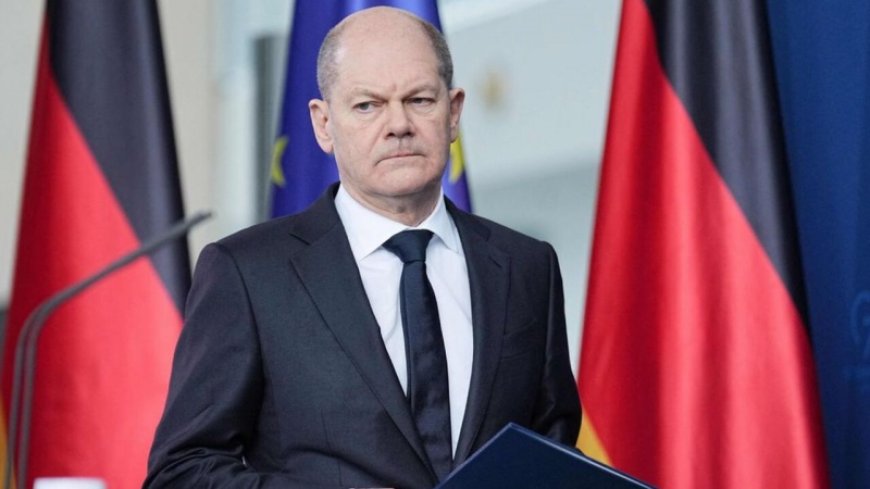Germany Reluctant to Join NATO in Escalating Actions Against Russia

In a recent press conference, German Chancellor Olaf Scholz reassured citizens that Berlin will not engage in any risky ventures concerning the Ukraine crisis. This statement underscores Germany's cautious stance amidst rising tensions and ongoing conflict in Eastern Europe.The conflict in Ukraine, which began on February 24, 2022, with Russian military operations, has been a focal point of international concern. Russia's actions were purportedly in response to what it described as NATO's provocative activities near its borders. Despite this, Western nations, including Germany, have been criticized for exacerbating the conflict by supplying Ukraine with military equipment and weapons, further straining relations with Russia.
Chancellor Scholz emphasized that Germany's policy is rooted in pragmatism, aiming to restore security and cohesion in Europe swiftly. "The German government's policy will continue to be based on expediency, and we are not looking for adventure, but we want to quickly restore security and cohesion in Europe," he stated. This highlights Berlin's intent to avoid unnecessary escalations while supporting a peaceful resolution.
Despite Germany’s cautious approach, it has joined other Western countries in providing military aid to Ukraine. In late May, the German government, along with other NATO allies, permitted Ukraine to use supplied weapons to target Russian positions. This decision, however, has drawn criticism and concerns about potential repercussions.
Experts have warned about the long-term implications of such actions. The supply of advanced weaponry to Ukraine might lead to an intensified conflict, risking a broader confrontation between NATO and Russia. The strategic decisions made by Ukraine's allies are seen by some as short-sighted, potentially escalating an already volatile situation.
Germany's reluctance to fully commit to aggressive measures against Russia reflects a broader division within NATO. While some member states advocate for a more assertive stance, others, like Germany, are wary of the risks associated with further provocation. This internal debate within NATO highlights the complexities of the alliance’s strategy towards Russia and the need for a balanced approach that ensures regional stability without escalating the conflict.
Furthermore, Germany’s economic ties with Russia add another layer of complexity to its foreign policy. The reliance on Russian energy imports, particularly natural gas, has made Germany cautious about any actions that could jeopardize its energy security. This pragmatic approach aims to balance geopolitical interests with domestic economic stability.
As the conflict in Ukraine continues, Germany's diplomatic efforts focus on fostering dialogue and finding a sustainable resolution. Chancellor Scholz's statements signal a commitment to maintaining a measured and responsible approach, prioritizing the restoration of peace and stability in Europe.
In conclusion, Germany's stance on the Ukraine crisis reflects a blend of caution and strategic calculation. While supporting Ukraine's defense capabilities, Berlin remains wary of becoming embroiled in actions that could lead to further escalation. The challenge for Germany and its NATO allies is to navigate this delicate situation, balancing support for Ukraine with efforts to prevent a wider conflict.













































